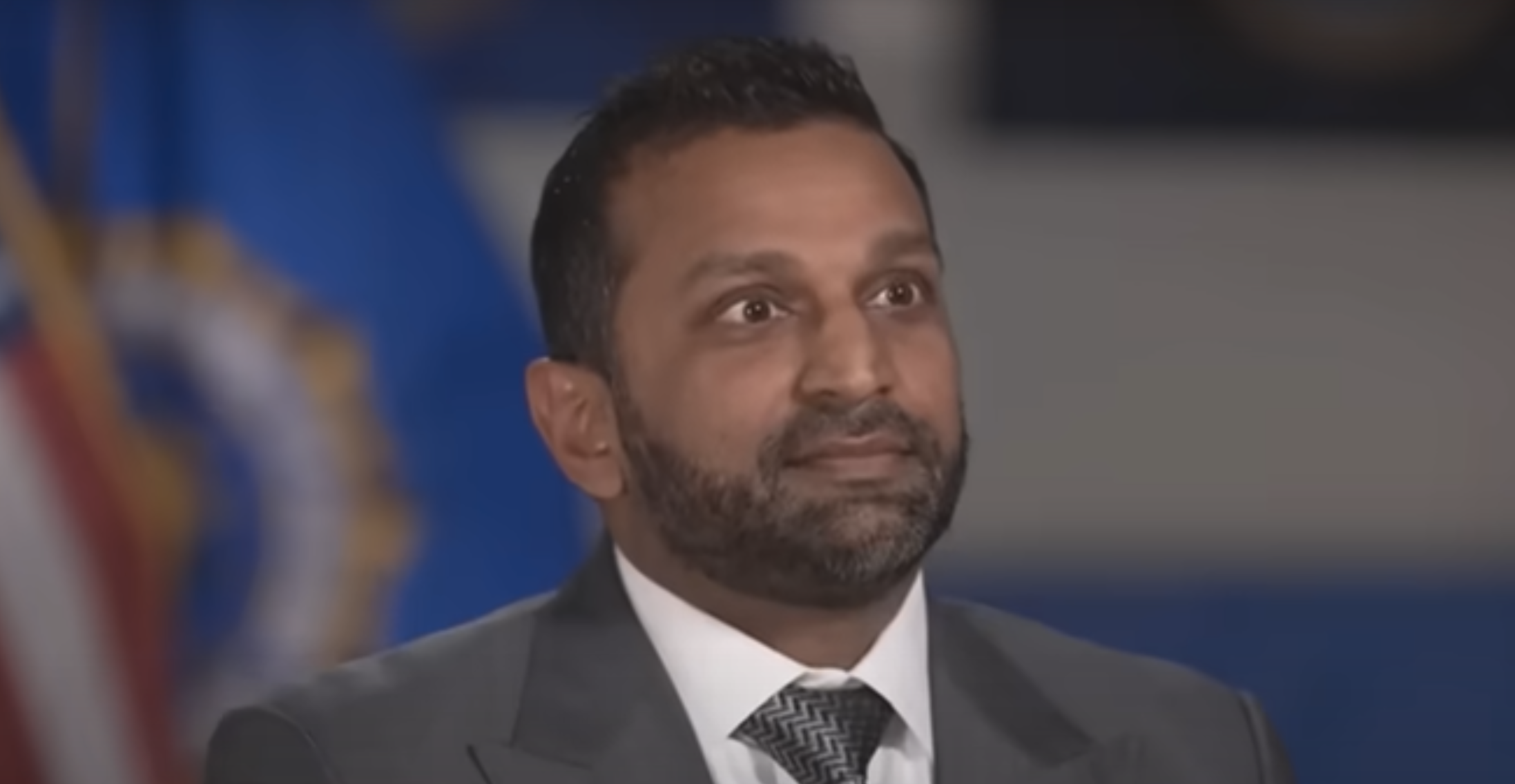Obama Criticizes “Defund The Police” Agenda in Online Interview, Says it Hurt the Democrat Party
Charlie Kirk Staff
12/02/2020

In an online interview former President Barack Obama didn’t hold back his criticisms of the outrageous and dangerous “Defund the Police” movement pushed by the Democrat party.
Speaking on Snapchat’s “Good Luck America” with Peter Hamby, Obama accused anti-police activists of not reaching a broader audience since they are too busy trying to please one another.
“You lost a big audience the minute you say it,” he said of the slogan.
“The key is deciding, do you want to actually get something done, or do you want to feel good among the people you already agree with?” Obama told Hamby, according to Axios.
Obama’s former vice president, Joe Biden, alienated “defund the police” activists in the Democratic Party when he said during his presidential run that he didn’t support the effort – even though he claimed to support banning chokeholds and creating a national police oversight committee.
Police department policies and behaviors have drawn intense scrutiny nationwide following the May 25 death of George Floyd in Minneapolis – as well as protests and rioting in multiple cities.
Progressive lawmakers such as Reps. Alexandria Ocasio-Cortez, D-N.Y., and Ilhan Omar, D-Minn., have voiced support for the defund movement. Both initially opposed Biden’s campaign for the Democratic presidential nomination, backing Sen. Bernie Sanders, I-Vt., instead.
But moderate Democrats including House Majority Whip James Clyburn, D-S.C., have called the defund effort left-wing “foolishness,” and Rep. Tim Ryan, D-Ohio, alleged it “hurt a lot of our candidates” in the Nov. 3 elections.
Who would have known that saying “Defund the Police” would backfire? I guess democrats haven’t learned that trying to one-up each other in their social justice warrior echo chambers does not appeal to the rest of America.
Latest News

Final ICE Escapee Captured In Los Angeles Weeks After Breaking Out of New Jersey Detention Center

Patel Slams $250 Million Pandemic Food Fraud In Minnesota as “As Shameless As It Gets”

Two MS-13 Members Sentenced In 2010 Murder After Cold Case Break

 Member
Member









